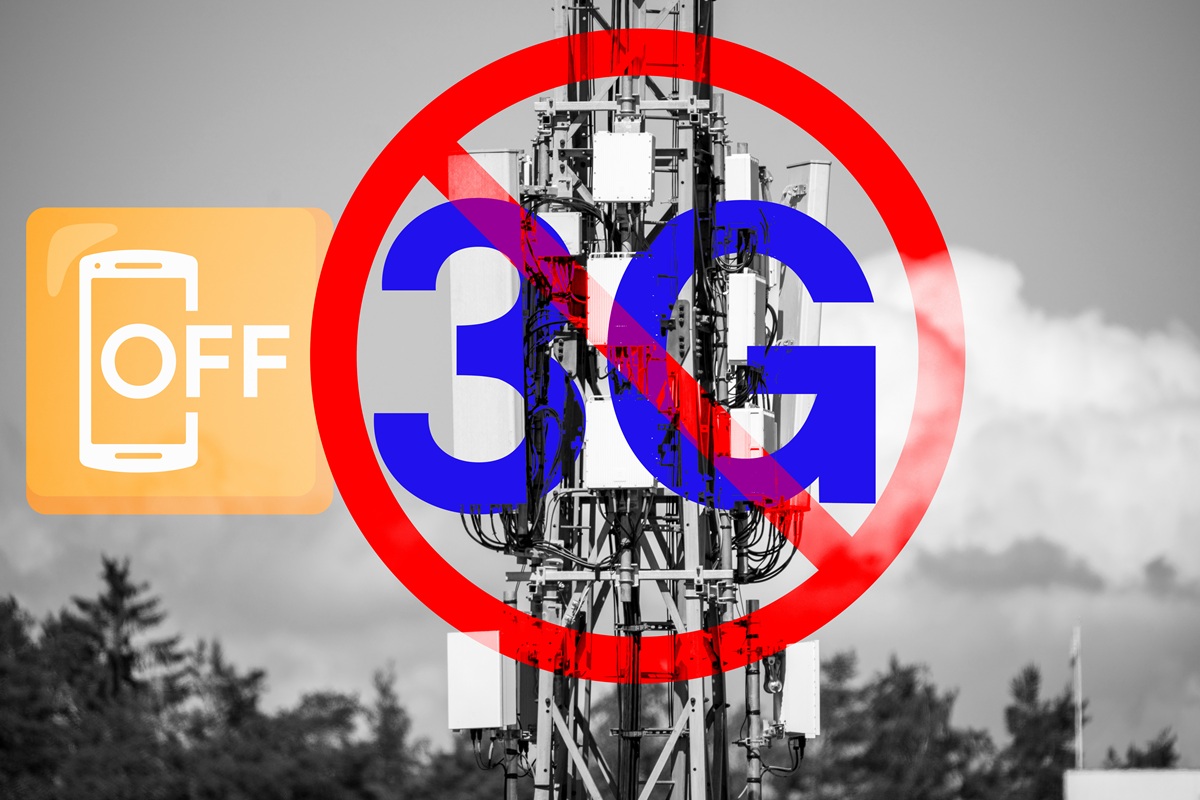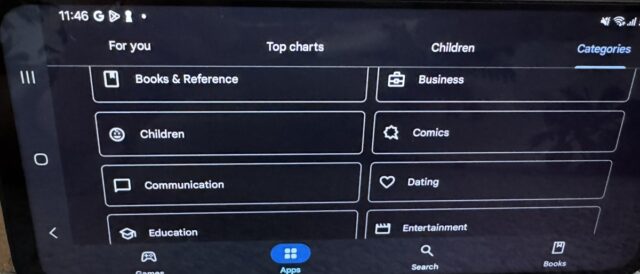April 01, 2025
The 3G switch off: When customer experience really matters

After several aborted efforts, UK telcos are switching off their legacy 3G mobile networks, with O2, the last of the major firms starting now. The mobile system, dating back to the early 2000s has finally run out of use, and is closing to free up more spectrum for successor network technology. A move that is being repeated, at various speeds, around the world.
For most of us, 3G is nothing more than an afterthought, even as we swear at the feeble 5G connection to our latest smartphone as it stutters trying to download the results. But, for some very health- and mission-critical applications, the clock is ticking loudly. While the elderly in homes and council care will have had their alarms updated, many on their own are literally in the digital dark.
Fall alarms, telecare devices, cardio monitors and in-vehicle emergency calling systems all have 3G chips embedded to make calls or send a message in a crisis. With no 3G network to connect with, they will soon go dark as the last networks shut down. Even less critical devices like older card payment terminals, smart energy meters and older Amazon Kindle devices will also be unable to connect.
3G device manufacturers and service providers must step up
Manufacturers have been getting in touch with customers to replace or upgrade to systems that use 4G or 5G network connections, where possible. And the mobile networks are doing their bit to alert customers. But, there are many older people or rural dwellers where 4G/5G is still rare, who don’t have email, and are not easily contactable. They will be in for, at best, a nasty shock. At worst, a life-threatening situation when their alarm fails to work.
One major benefit of the switch-off is a rise in awareness about digital poverty. Groups like the Digital Poverty Alliance take a broader view of access to technology, recently launching a new project. “To drive systemic change, the Digital Poverty Alliance (DPA) has launched the Community Circle – a nationwide coalition of charities, non-profits, and community organisations committed to dismantling digital barriers and ensuring that no one is left behind.”
Of course, the UK’s tabloid papers love a good panic story, which might spread the news further, but there is still plenty for companies to do. The good news seems to be that other shutdowns across the US and Australia seemed to result in very few issues.
One other issue that will arise, is the tide of e-waste as people dump their useless devices. That’s another area where businesses can encourage customers to dispose of their devices in the most environmentally friendly manner.
Even if nothing major comes of the last 3G switch-off, all companies can look at how they communicate, especially with older customers, and consider adding more than email as a touchpoint to help them through product evolution in the coming years and decades as we all get older.



